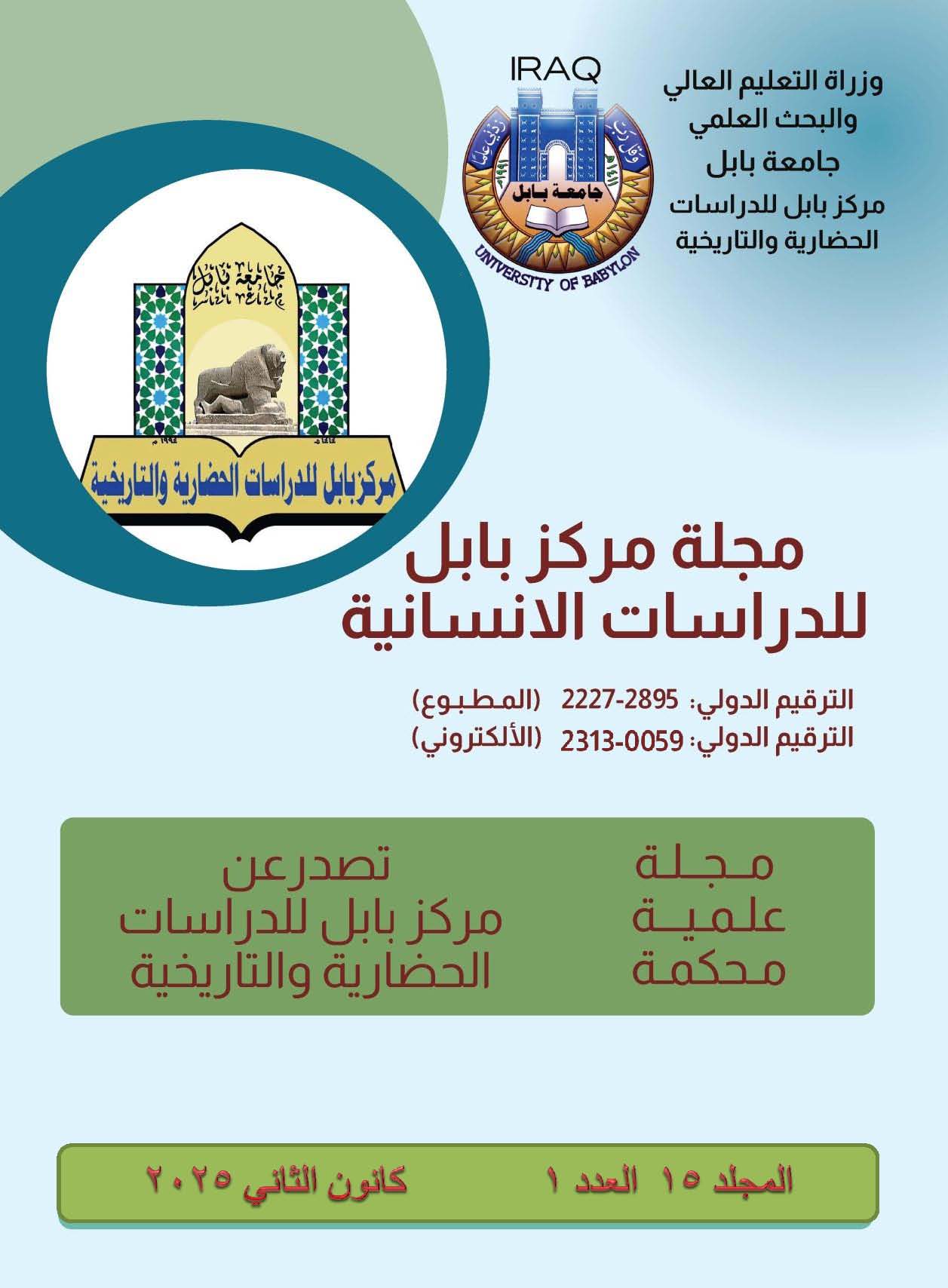Qur’anic evidence on the obligation of enjoining good and forbidding evil Munkar in the Holy Quran. Analytical study
Keywords:
enjoining good، forbidding evil، interpretive versesAbstract
Enjoining good and forbidding evil is a basic principle in Islam. It refers to the duty of Muslims to call for good and forbid evil in society. This principle is also considered one of the pillars on which Islamic law is based. It contributes greatly to achieving social and moral justice، and the prohibition of evil does not It is limited to any resource or field، but rather it is a synthesis of all the concepts and values that Islam brought and a synthesis of the concepts and principles on which the Islamic faith is based. A combination of Islamic standards and values that govern human relations، as well as laws، conditions، and traditions. In other words، it is a call to the teachings، methods، and practices of Islam. By transforming inner feelings of faith into realistic behavioral movements and transforming this movement into fixed habits that interact and relate to the commands and teachings of Islam، the requirements of Islamic rulings are reduced. It is separated from evil، as enjoining good and forbidding evil is not limited to one resource، and it has concepts that apply to many matters، which those who interpret the obligation of enjoining good and forbidding evil have explained through Qur’anic verses، including: The direct command to enjoin good and forbid evil، the call to teach enjoining good and forbidding evil، and among the signs of a hypocrite is not enjoining good and forbidding evil، encouraging believers to enjoin good and forbidding evil، the necessity of uniting and integrating the Islamic nation by enjoining good and forbidding evil، and forbidding a suspicious view of what is forbidden. Stopping harm from others is one of the things forbidden by God Almighty.







